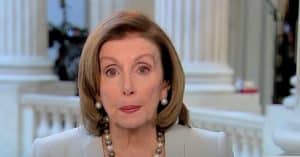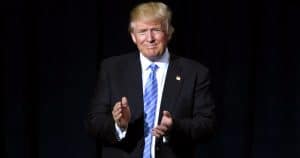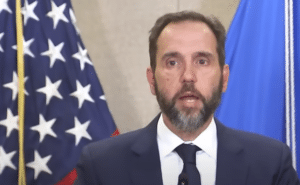Latest Supreme Court Ruling Could Impact Trump Hush-money Case
When Judge Merchan gave the jury instructions in the hush-money case, people went nuts.
This was mostly due to the fact they simply did not understand the legal language used by Merchan, but I still believe there were some errors in how he explained things to the jury.
At the heart of this is the way he explained the varying aspects of a crime and how they could vote on whether Trump was guilty, which is also at the heart of a recent Supreme Court ruling.
The Order and the Ruling
So, the problem when non-legal experts evaluate legal cases is that they are destined to misinterpret things and make mistakes in some aspects of a ruling or order.
I don’t believe political bloggers were intentionally doing this with Merchan’s orders because they were legitimately confusing, and I had my legal friends help me decipher them.
I am talking about the aspect of the order where Merchan instructed the jury that there were three different ways to decide if Trump’s actions constituted a crime.
Where it gets confusing is that Merchan told them they did not have to be unanimous on the cause, just the crime itself. So, if they all felt that Trump had committed a crime, and collectively they were apart on the underlying aspect, that did not matter, they could vote to convict.
In Erlinger v. United States, the Supreme Court addressed the issue of a unanimous ruling, and legal expert Jonathan Turley believes that ruling could impact the Trump decision.
Turley had stated, ”My greatest objection was the [jury] instruction allowing for a nonunanimous decision on the secondary crime that was critical in reviving the dead misdemeanor office on the falsification of business records."
The Erlinger decision read, "The Fifth and Sixth Amendments require a unanimous jury to make the determination beyond a reasonable doubt that a defendant's past offenses were committed on separate occasions."
Turley responded to that ruling, explaining, "The court ruled that a jury had to decide this issue unanimously under a standard of beyond reasonable doubt. This is in contrast to how the Trump case was handled, in which jurors could disagree on key aspects of the crime yet still convict the defendant…
"They could split 4-4-4 on the secondary crime motivating the misdemeanors and just declare that some secondary crime was involved.”
I have pointed to numerous mistakes that I believe were made by the prosecution and the judge in this case, any of them could result in an overturned verdict for Trump.
This just gives me more confidence that even if Trump has to take this case to the Supreme Court, eventually, he will win his appeal.




